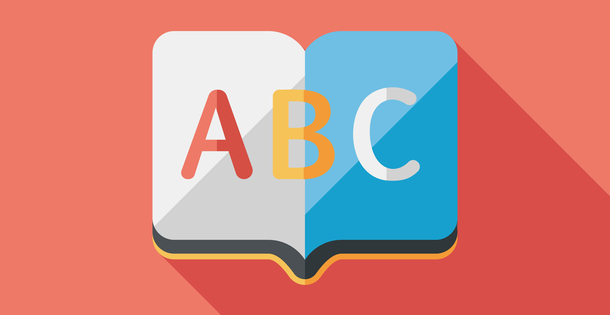Test your word knowledge with these three questions from the Logophile, and then scroll down for answers and explanations.
- Angry Aaron ______ for 20 minutes against every perceived shortcoming of upper management.
- inveighed
- inveigled
- Morty is such a bibulous guy. You can always find him with a ______ in his hand.
- book
- mirror
- drink
- What word spelled forward means a thing you earn and spelled backward is where you might store it?
Answers and Explanations
- a. inveighed
Inveighed comes from the Latin verb invehere, which literally means “to carry in.” That Latin verb also developed the extended meanings of “to force one’s way into” and “to attack with words,” and it is from these extended meanings that the English word inveigh, “to protest or complain bitterly,” gets its meaning.
Changing only one letter in inveighed yields inveigled, which means “to acquire by flattery or ingenuity,” as opposed to acquiring something honestly. It ultimately finds its roots (through Anglo-French) in the Medieval Latin ab oculis, “lacking eyes, blind.” When someone is being inveigled, they are being hoodwinked and having the wool pulled over their eyes.
- c. drink
Did we catch you guessing a on this one? If so, you’re probably thinking of words like bibliography and Bible, which both trace their ancestry through Middle English to Old French to Latin to Greek and ultimately to the ancient Phoenician city of Byblos, which was a center for the export of papyrus, and early form of paper. However, if Morty always had a book in his hand, he would be described as bibliophilic or bibliomaniacal (or just well-read), but not necessarily bibulous.
If Morty always had a mirror in his hand — assuming it wasn’t spurred by a fear of vampires — he would likely be called narcissistic (after the mythological story of Narcissus), egotistical, or vainglorious … but not bibulous.
Bibulous comes from the Latin word bibere “to drink,” and it refers to being overly fond of drinking, especially of alcoholic beverages. It’s related to the word imbibe.
- reward à drawer
English speakers (and therefore dictionary editors) haven’t yet agreed on what best to call a word that spells another word in reverse. Some of the terms that have surfaced over the last half-century are the recursive semordnilap and emordinlap (that’s palindromes and palindrome in reverse), heteropalindrome, reversagram, heterodrome (meaning “running in a different direction”), and the rather witty backword.
At the moment, though, the most common and accepted term among logophiles appears to be anadrome, from Greek roots that mean “running upward.” The adjective anadromous is a few centuries old and describes fish, such as salmon, that swim upstream for mating season. So if anadrome really does find its place in the language to describe word pairs, the adjective form will probably settle at anadromic, both to differentiate it from the biological anadromous and to mirror the adjective palindromic.
Here are a few more anadromic pairs for your lexical enjoyment:
repaid:diapers
stressed:desserts
gateman:nametag
reknit:tinker
snoops:spoons
straw:warts
Become a Saturday Evening Post member and enjoy unlimited access. Subscribe now




Comments
The word inveighed is interesting because it’s so close to “invade” in both pronunciation and meaning. I did guess ‘book’ on the 2nd one; possibly because I don’t drink? Well, no. I just associate the ‘bib’ prefix with books or paper as you describe.
I’ll go with the witty ‘backword’ for the anadromic words. It’s easy and simple compared to the complicated (but interesting) other words for it. Things are so backwards now, it should be right at home. Thanks for the list of the 6 other words. My favorite has to be stressed: desserts, Andy. They also go together in a way the others just don’t.